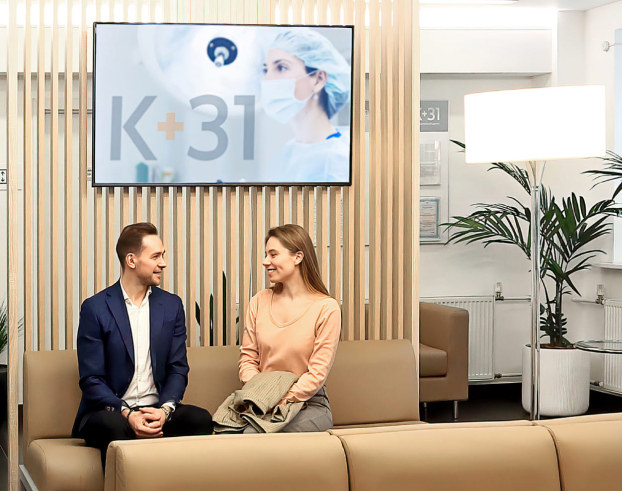Oncology News Digest 07.07.2024


This is a landmark practice-changing study by Blank et al (presented at a plenary session of the 2024 ASCO Annual Meeting and published in The New England Journal of Medicine).
The study randomized patients with stage III melanoma to either standard surgery followed by a year of adjuvant nivolumab (480 mg every 4 weeks) or a neoadjuvant combination of ipilimumab (80 mg) and nivolumab (240 mg) every 3 weeks for 2 cycles followed by surgery. The trial met its primary endpoint after a median follow-up of 9.9 months, with an estimated 1-year event-free survival rate of 57.2% in the adjuvant group versus 83.7% in the neoadjuvant group.
Another important observation is that 59% of patients achieved a major pathological response (MPR; MPR = pathological complete response [pCR] or near pCR (<10% viable tumor cells) after just two cycles of ipilimumab and nivolumab combination Patients who achieved MPR did not receive further adjuvant systemic therapy and had an excellent disease-free survival rate of 95.1% at 1 year.
The approach studied at NADINA will now quickly become the new standard of care for stage III melanoma. Some advantages of this approach, besides the impressive benefit of VFS, are the fact that pathological response, being a valuable prognostic factor, allows adjuvant therapy or no adjuvant therapy in patients with MPR, this approach is more cost-effective than a full year of adjuvant therapy for all patients, and opens a window for surgical de-escalation, as has already been tested in the PRADO 1 validation study and will be confirmed in the upcoming MSLT-III study.













Neoadjuvant nivolumab and ipilimumab for resectable stage III melanoma
Previous phase 1-2 studies in patients with resectable stage III melanoma have shown that neoadjuvant immunotherapy is more effective than adjuvant immunotherapy.
In this phase 3 NADINA study, the authors randomized 423 patients with resectable stage III melanoma in a 1:1 ratio to receive two cycles of neoadjuvant ipilimumab plus nivolumab followed by surgery or to undergo surgery followed by 12 cycles of adjuvant nivolumab . Patients in the neoadjuvant group who had a partial response or no response to immunotherapy received subsequent adjuvant treatment. The primary endpoint was event-free survival (EFS).
At a median follow-up of 9.9 months, the estimated 12-month DFS was 83.7% in the neoadjuvant group and 57.2% in the adjuvant group. The difference in mean survival time was 8.00 months.
In the neoadjuvant group, 59.0% of patients had a significant pathological response, 8.0% had a partial response, 26.4% had no response (>50% residual viable tumor), and 2.4% progression was observed; 4.2% had not yet undergone surgery at the time of writing the report.
Estimated 12-month relapse-free survival was 95.1% among patients in the neoadjuvant group who had a significant pathologic response, 76.1% among those who had a partial response, and 57.0% among those with for whom no response was observed. Systemic treatment-related grade 3 or higher adverse events occurred in 29.7% of patients in the neoadjuvant group and 14.7% in the adjuvant group.